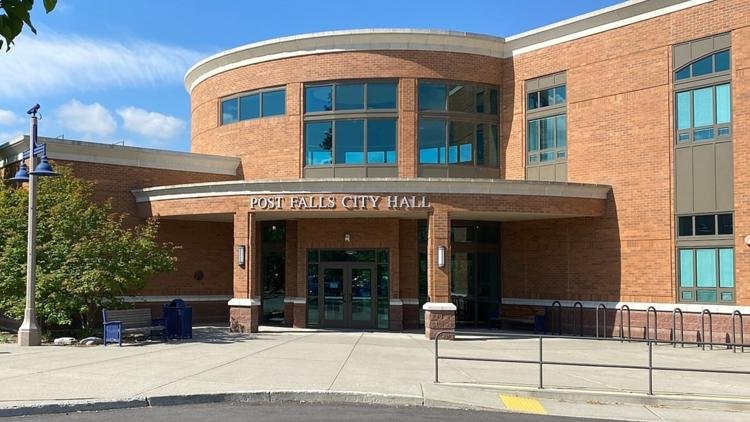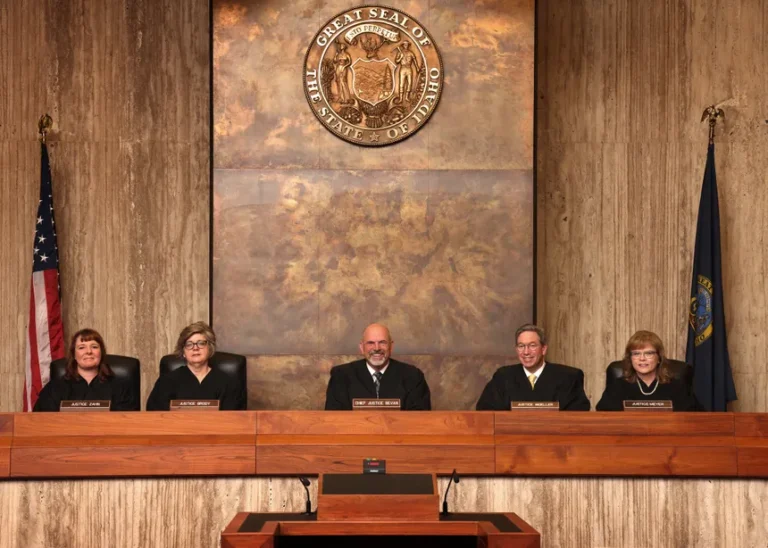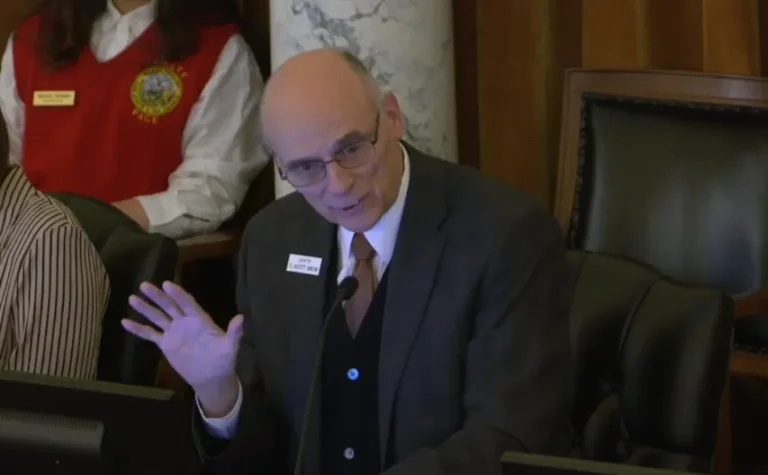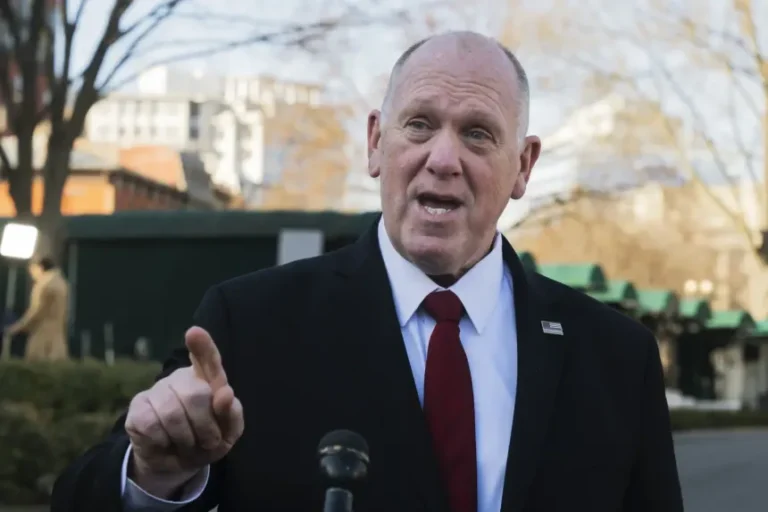
POST FALLS, Idaho — The Post Falls City Council voted unanimously last week to proceed with Phase II of a comprehensive impact fee study, a move aimed at aligning future development with infrastructure needs while easing the financial burden on current residents.
Impact fees are one-time charges levied on new construction projects to help fund public infrastructure such as roads, parks, and public safety services. These fees ensure that growth pays for itself and that long-time residents aren’t left footing the bill for expanded services.
“Looking at some of these fees, if we have zones or whatever, that could encourage more infill, which is what the council has said they’ve wanted as opposed to extending beyond the city periphery,” said Mayor Ron Jacobson.
Phase I of the study cost $115,890 and was funded entirely by existing impact fee revenues. Phase II is projected to cost between $35,000 and $50,000. Jacobson emphasized that impact fees are “an expected cost of doing business,” noting that initial opposition has largely subsided.
Community Development Director Bob Seale said the study is helping the city re-evaluate zoning strategies and fee structures: “We’ll be able to make a better determination at the next phase, because we’ll be able to see how it affects the fees.”
Officials are reviewing whether park impact fees for non-residential projects are beneficial and how any added fees on businesses might impact housing affordability.
Councilor Joe Malloy warned against urban sprawl but acknowledged downtown Post Falls has maintained a distinct identity and boundaries. Councilor Randy Westlund added that most major road projects needed to support growth will be focused on arterials outside the city center.
Seale agreed, noting that “the majority of growth is outside the city center” and that transportation fees may need to be revisited accordingly in the next phase of analysis.



